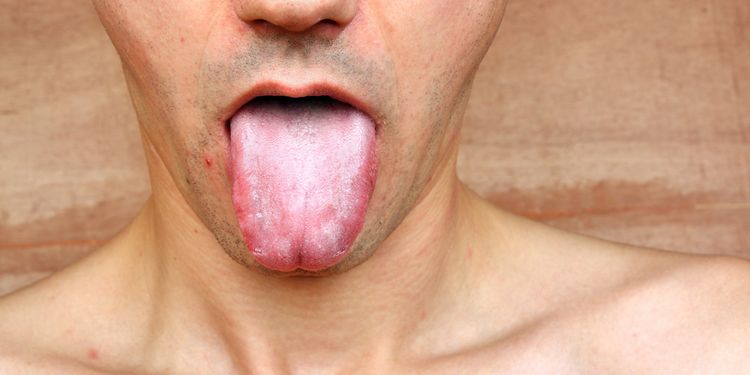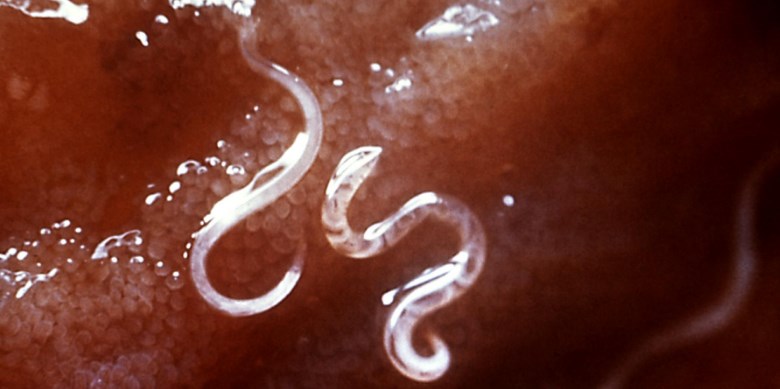The 6 Main Underlying Causes of IBS

You’re bloated, gassy, tired and in pain. You worry when you have to stay out of the house or far away from a bathroom for long periods of time. You can’t enjoy the simplest things, like playing with the kids or hanging out with friends.
The worst part is no one really understands how frustrating and uncomfortable Irritable Bowel Syndrome (IBS) is unless they also have it. They think it’s just a bit of gas and constipation. Maybe they even judge you a little for eating a certain way.
The truth is, they have no idea how much IBS affects every facet of your life and how confusing it can be to deal with.
But you’re not alone. IBS is the most common gastrointestinal (GI) disorder, even though it’s one of the least diagnosed. Some studies estimate that up to 96 million Americans suffer from it.
But what exactly is IBS?
IBS is a collection of symptoms and changes in bowel movement patterns. It’s usually diagnosed by exclusion – when doctors have determined you don’t have any other condition.
And that’s the good news: you now know you don’t have another, more serious condition. The bad news is that conventional medicine doesn’t have answers, and instead focuses on managing the symptoms with strong immunosuppressive medication or surgery.
But there’s another way. In functional medicine, the focus is on finding the underlying cause or causes, then individualizing your treatment accordingly. According to Dr. Amy Myers, MD, there are six primary underlying causes of IBS. Any one of these factors, or a combination of any of them, could be what’s causing your IBS.

1) Leaky Gut
One of the functions of the GI tract is to act as a barrier that prevents toxins, food, microbes or other foreign bodies from entering the bloodstream. In the case of leaky gut, what happens is that the lining of the GI tract has been damaged enough that these substances are able to enter your body.
Because these substances aren’t supposed to be there, your immune system sees them as a threat and attacks them, causing inflammation. Eliminating inflammatory foods and using the Four R’s protocol below is the fast track to healing from leaky gut.
2) SIBO (Small Intestinal Bacterial Overgrowth)
Just as the name suggests, SIBO occurs when the bacteria that lives in your small intestine grows out control. This leads to gut dysbiosis and can cause similar symptoms to IBS, such as bloating, gas and diarrhea.
It’s very common for those with IBS to also have this condition, so it’s important to get a SIBO breath test to make sure. If it turns out you have SIBO, part of your treatment plan will be to cut down on carbs, use the Four R’s, and talk to your doctor about a prescription medication, if necessary, such as Xifaxan.

3) Candida
Your gut is a delicate ecosystem of the many different types of bacteria and fungi that live within you. Like SIBO, Candida is an overgrowth that causes symptoms similar to those of IBS. It’s also a cause of leaky gut and, like leaky gut, releases toxins into the bloodstream. Unlike SIBO, however, Candida is an overgrowth of yeast and fungi , not bacteria.
Yeast feeds on sugar, and so if you’ve gotten tested and found Candida overgrowth, you’ll want to immediately switch to a low-carb, low-sugar diet. You’ll also want to consider anti-fungal treatments, and supplement with probiotics to bring bacterial balance back to your gut.

4) Parasites
Certain types of parasites are a cause of IBS, but before deciding to remove them, it’s important to first determine if they’re harmful or beneficial to your particular condition. You read that right. If you have Crohn’s Disease, for example, certain parasites can actually be useful to you, according to Dr. Myers.
That’s why in functional medicine, treatment plans are individualized on a case-by-case basis. First, you’ll be tested to determine the type of parasite you might have (such as Giardia lamblia, Blastocystis hominis, or Dientamoeba fragilis) in order to find the best prescription medication for that type. If the species can’t be determined, then a broad-spectrum product, such as Microb-Clear, can be used to remove the unhealthy pathogens without killing beneficial gut flora.
5) Food Allergies and Sensitivity
Food allergies and sensitivity often present with many of the digestive symptoms that are consistent with IBS. Though a common cause of IBS, food allergies and sensitivity can also be difficult to diagnose, as it could take up to three days for symptoms to appear from IgG reactions. The solution here is to conduct an elimination diet, which can usually help you to get to the bottom of your issues in a few short weeks’ time.

6) Stress
We all know that managing stress is vital to overall health. This goes double for gut health, as your brain and gut are connected through your central nervous system via the vagus nerve. Too much stress can cause your colon to tighten up or loosen up, so if you’ve ever had to run to the bathroom before a big presentation or a first date, this might explain why.
Managing stress is no set-and-forget trick. It’s a practice, just like anything else. The tools that you choose to employ could range from herbs to mediation to otherwise simple tricks. But the key is to take the time to acknowledge that it’s worth the effort, because your gut health literally depends on it.
The Four R’s
There’s a standard protocol that has helped people everywhere heal from IBS and other digestive issues: It goes like this:
1) Remove: Eliminate anything that affects the gut negatively. This includes bacteria, yeast, parasites and inflammatory foods, as well as irritants like caffeine, alcohol and drugs.
2) Replace: Help create a state of proper digestion by supplementing with betaine HCL with pepsin, as well as digestive enzymes.
3) Reinoculate: Reintroduce healthy bacteria back into your gut by consuming probiotic-rich foods, such as kefir, sauerkraut and kimchi. You can also consider taking a multi-strain probiotic that’s been proven to be effective in cases of IBS and IBD, such as VSL #3. Just be cautious if you do choose this one, as it can hit you fast and heavy.
4) Repair: Use supplements and proper diet to provide nutrients that aid in healing the gut. A good multi-vitamin and l-glutamine can go a long way toward getting you back on track.
Again, proceed with caution when supplementing. These aren’t meant to be long term solutions to your problems. You’re using tools to get you over the hump while your body recalibrates.
